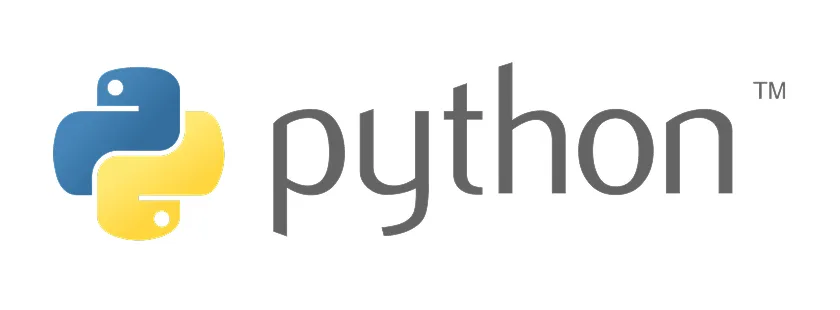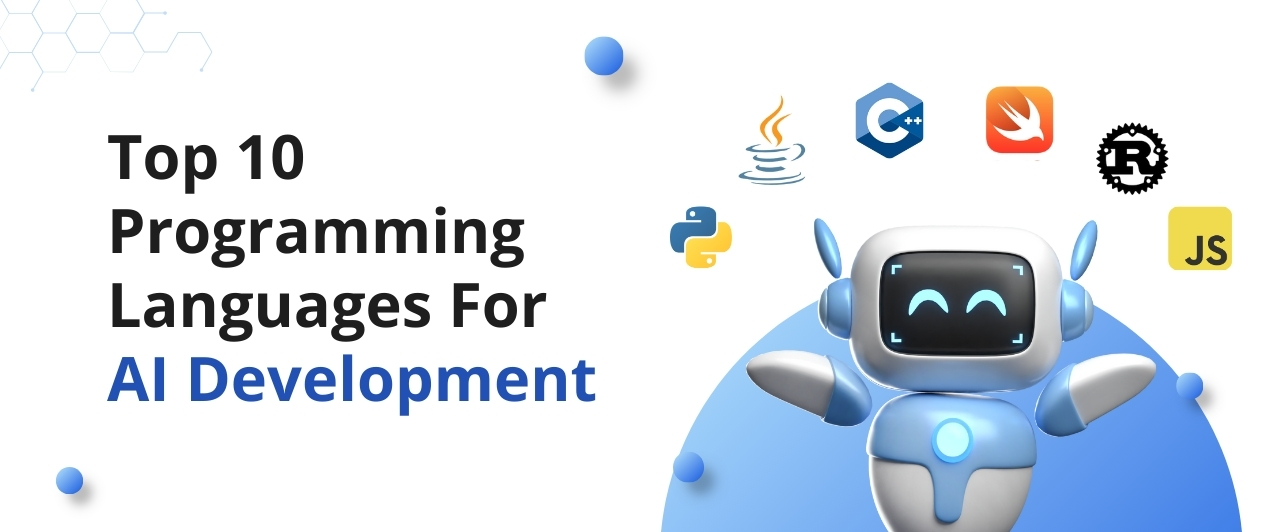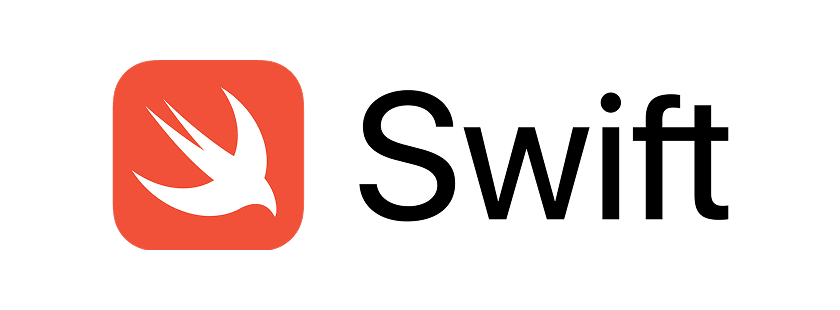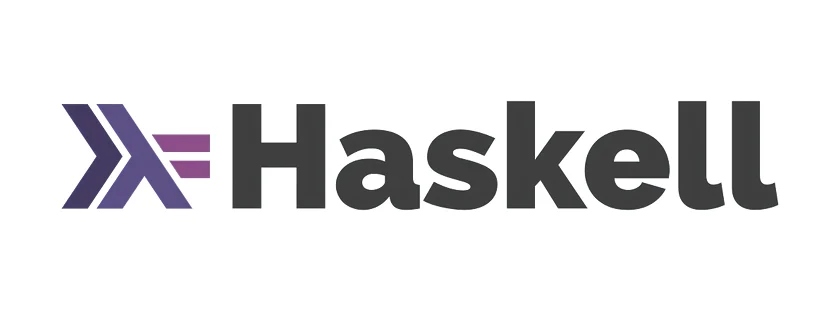



What if you could build the next big AI breakthrough? Artificial Intelligence is no longer just science fiction—it's our reality, fueling innovations from smart assistants to self-driving cars and revolutionizing industries like healthcare, finance, and entertainment.
But have you ever wondered what makes this AI magic happen? It all starts with the right programming language.
Choosing the best language for artificial intelligence programming is your first step toward turning your innovative AI ideas into reality. The right AI language can accelerate your development, enhance your model's performance, and give you a competitive edge.
In this blog, we’ll dive into the most powerful programming languages shaping the future of AI. Get ready to discover the tools that can unlock your AI potential and help you make your mark in this exciting field!

Python is known for its simplicity, readability, and versatility, which is why it’s the go-to language for AI. It’s perfect for machine learning, deep learning, and data science, and it’s widely used for prototyping and deploying AI models across industries.

JavaScript is more than just for web development. With TensorFlow.js, it’s now a player in the AI game, letting you run machine learning models right in the browser. That means interactive, real-time AI applications are more accessible than ever.

R is a language built specifically for data analysis, statistical modeling, and data visualization. It’s the preferred choice for data scientists and researchers working on AI projects that require heavy data manipulation and statistical analysis.

Julia is a high-performance language that combines the speed of C++ with the ease of Python. It’s especially great for computationally intensive AI tasks and is becoming more popular in AI research.

Java is a powerhouse for enterprise-level AI applications, particularly when scalability and reliability are crucial. It's often used in big data platforms and large-scale AI systems.

Swift is a modern programming language created by Apple, optimized for mobile AI on iOS and macOS. With Core ML, Swift is ideal for developing AI-powered apps on Apple devices.

C++ is known for its speed and performance, making it ideal for real-time AI applications that need to process data quickly. It’s widely used in robotics and autonomous vehicles where real-time decision-making is essential.

Go (or Golang) is known for its efficiency and scalability, making it a top choice for cloud-based AI applications that need to process real-time data efficiently.

Rust is a systems programming language known for its memory safety and performance. It’s gaining attention in AI for its ability to handle high-performance tasks with low memory overhead.

Scala is a functional programming language that integrates well with big data tools like Apache Spark. It’s ideal for AI applications that require processing large datasets in distributed systems.

Haskell is a functional programming language known for its mathematical precision and immutable data structures. It’s often used in AI research and symbolic reasoning.
So, which language should you choose for your AI project?
The truth is, there’s no one-size-fits-all answer. The best programming language for your AI application depends on a range of factors—from the size of your project to the real-time requirements and platform compatibility.
Here’s the breakdown:
Starting Fast?
If you want to dive into AI quickly and efficiently, Python is your best bet. It’s beginner-friendly, packed with libraries like TensorFlow and PyTorch, and perfect for quick prototyping. Ideal for machine learning and data science projects, Python allows you to hit the ground running.
Building for iOS?
If your project is tailored for Apple devices, Swift is the obvious choice. It’s optimized for mobile AI apps and integrates seamlessly with Core ML for machine learning tasks. Swift ensures your AI models run smoothly and efficiently on iPhones and Macs.
Real-Time Systems?
When you need fast, real-time responses—think robotics or autonomous vehicles—C++ shines. It gives you full control over memory and performance, making it perfect for AI applications where speed and precision are critical.
Handling Big Data?
For massive datasets and distributed AI tasks, Scala is your go-to. It integrates beautifully with Apache Spark, making it an ideal choice for big data processing and AI applications requiring parallel computing.
Cross-Platform AI?
If your project needs to work across multiple platforms, Java has you covered. It’s scalable, stable, and works seamlessly in both enterprise-level AI and cloud computing environments.
Want Simplicity and Speed?
If you’re all about building scalable AI systems with simplicity and efficiency, Go (Golang) offers a perfect balance. It’s great for real-time AI applications that need to handle high loads with low latency.
Remember: Pick a language that aligns with your project goals, resources, and platform. The right language makes all the difference in the success of your AI application!
Artificial Intelligence isn’t just a trend—it’s the future, and it's happening now. From transforming industries like healthcare and finance to revolutionizing the way we live and work, AI is changing everything. But behind every successful AI project is the right programming language. Choosing the best language for artificial intelligence programming is the first step in making your AI vision a reality.
The opportunities are limitless, and the time to act is now. Whether you're building something from the ground up or looking to enhance an existing solution, the right tools and expertise will set you on the path to success with AI development services.

From Python to Rust, explore the top AI languages shaping the future. Find out which one fits your next big idea and why it matters.
If you're ready to dive into AI and bring your ideas to life, we're here to help. With our AI development services, we’ll partner with you to create powerful, innovative AI solutions tailored to your unique needs.
Let’s make your vision a reality—together. Reach out today and let’s start building the future of AI with the best AI languages and development strategies!
Are You Prepared for Digital Transformation?
AI Development
Latest tech and AI updates from January 2026. See how CES 2026, enterprise adoption, and accountability are shaping real-world AI use.
AI Development
Discover real digital transformation examples from leading brands and learn how to choose the right digital transformation company in USA..
AI Development
VT Netzwelt shares key insights from NASSCOM Agentic AI Confluence 2025 on responsible AI, autonomy, and the evolution from experimentation to execution.